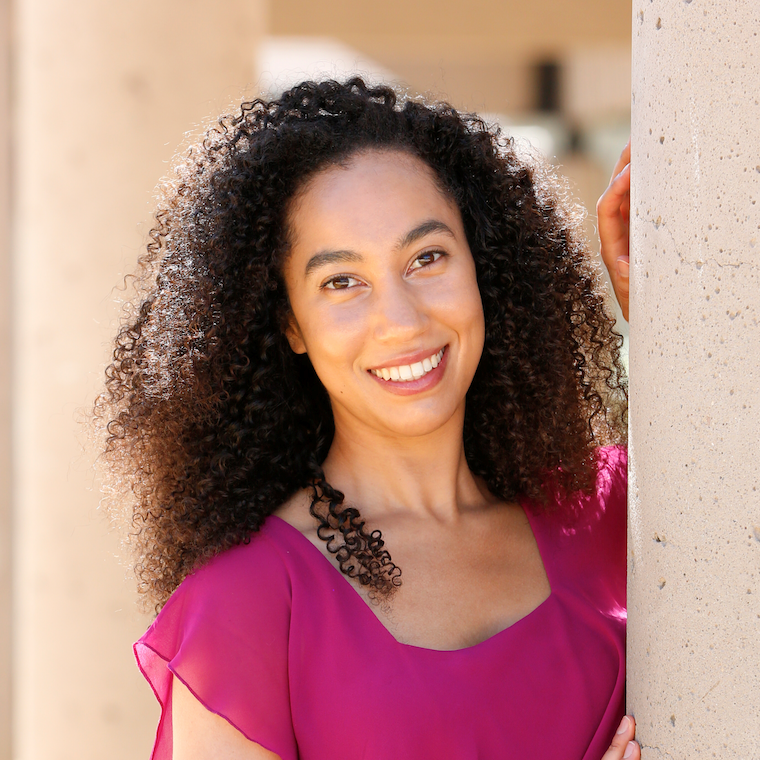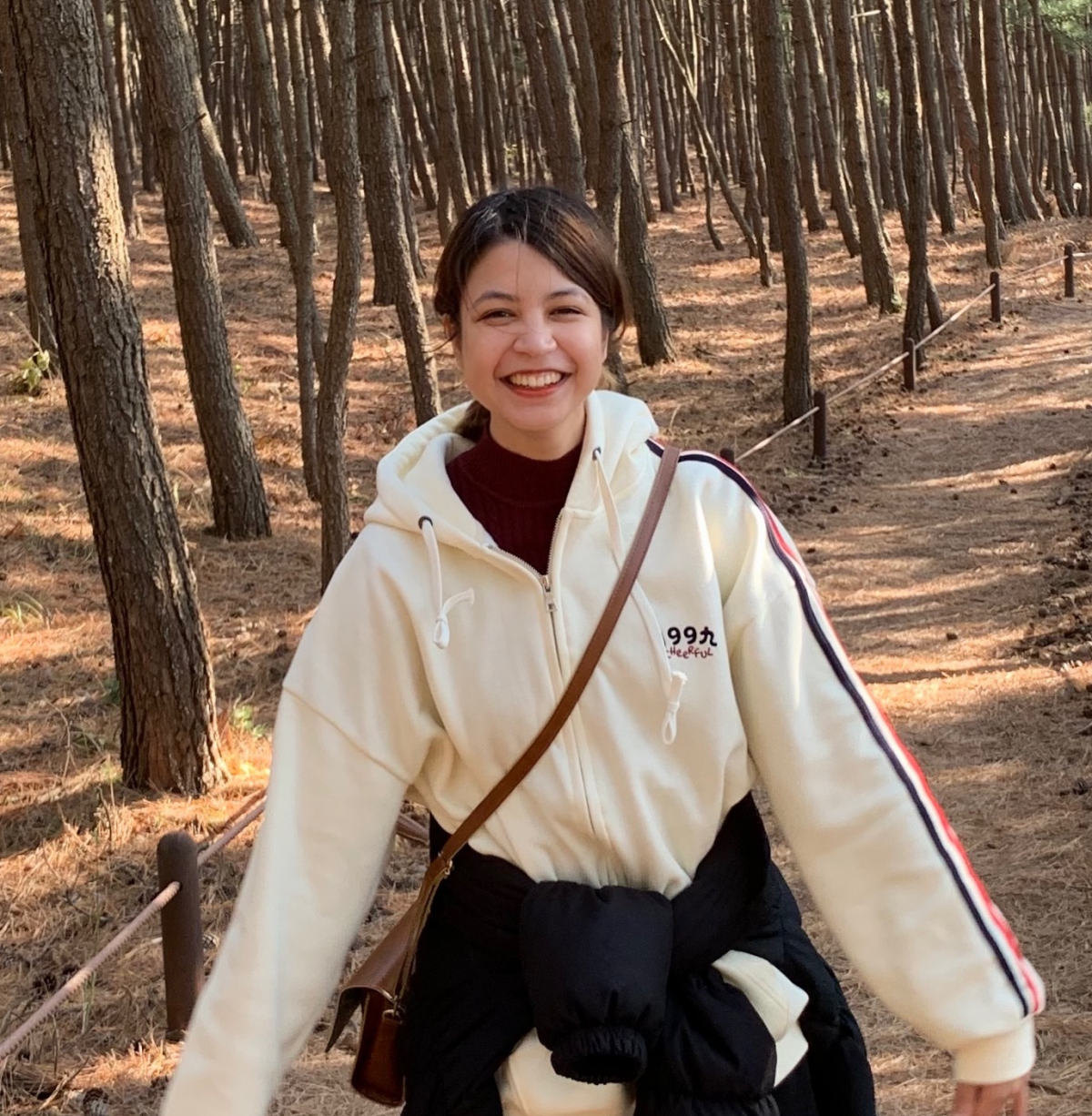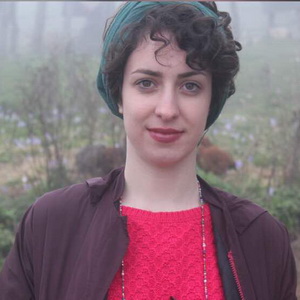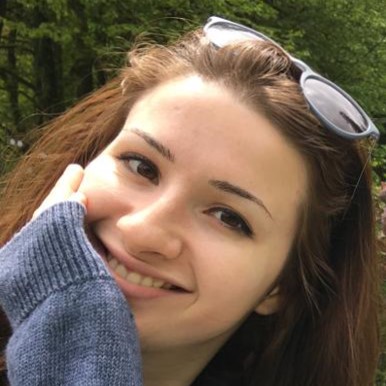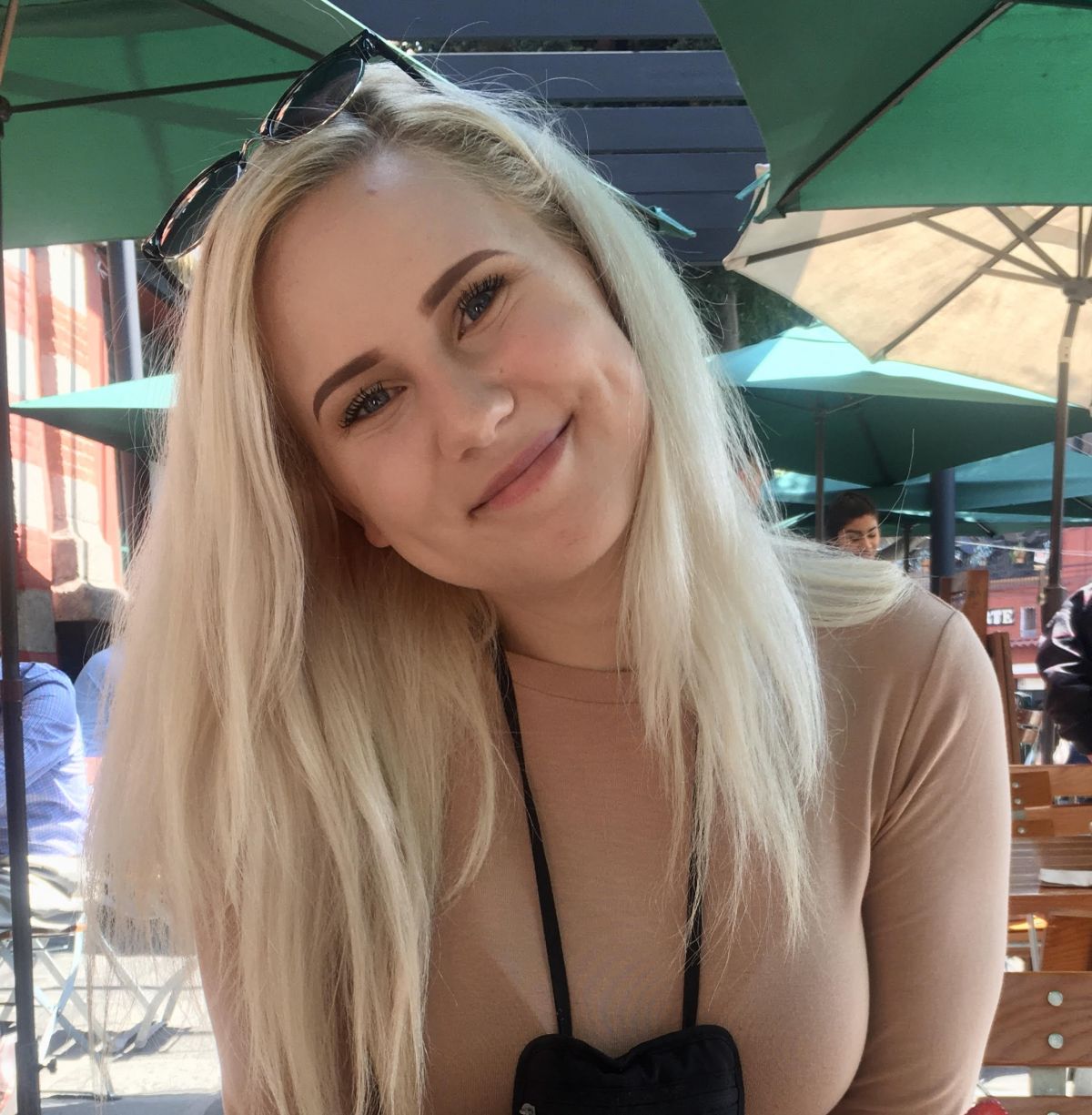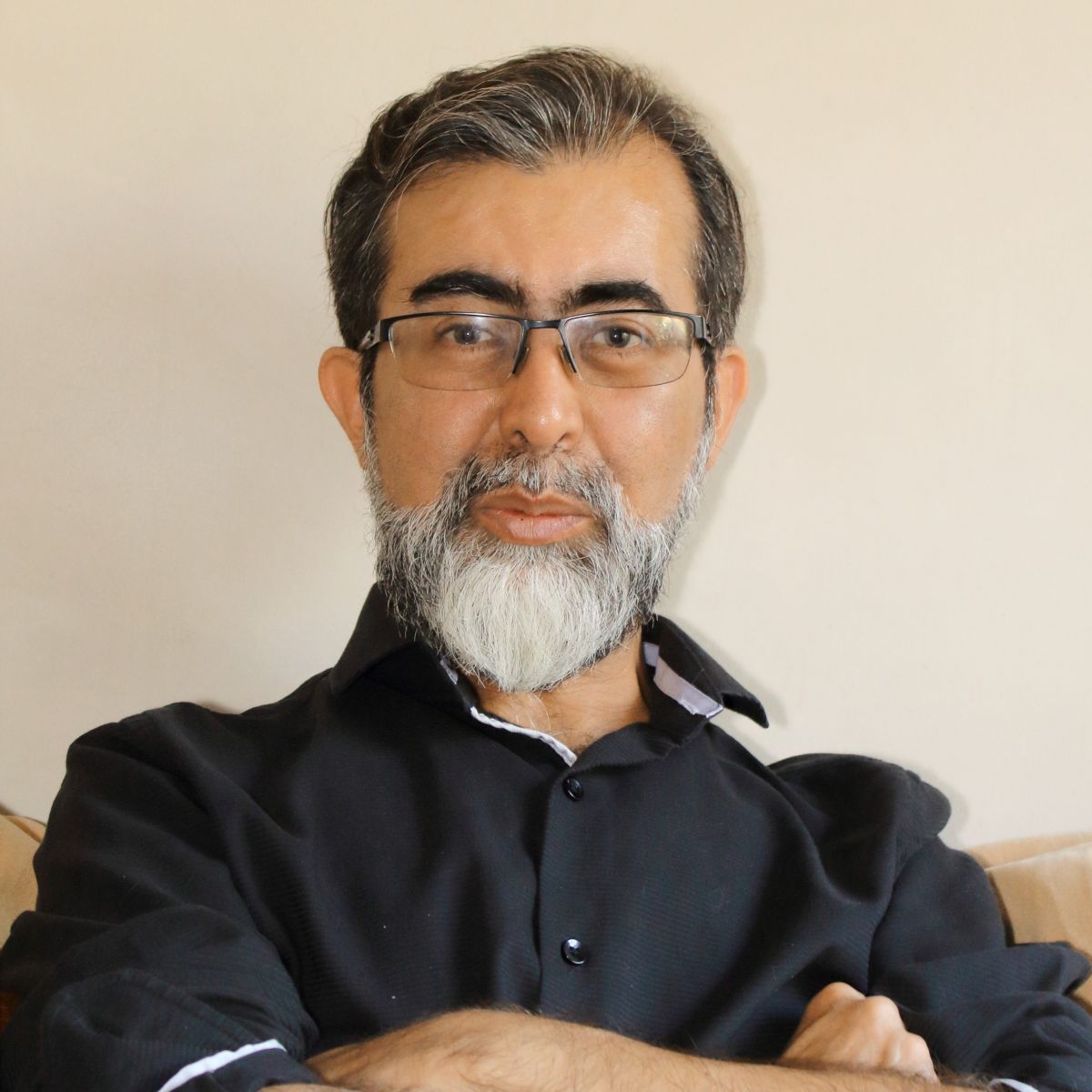Ogni passaporto ha una storia
Nessuno alla nascita sceglie di avere un passaporto piuttosto che un altro; eppure, per alcune persone, esso è motivo di innumerevoli ingiustizie.
Madagascar, Eastern Africa
Story by Fortunat Miarintsoa Andrianimanana. Translated by Anita Landolfo
Published on April 26, 2022.
This story is also available in 






Listen to this story:
Un passaporto può dire molto di una persona, molto più del nome (o nomi) e della sua data di nascita. Le tre cose che vengono sempre esaminate presso i controlli di frontiera sono: il visto di ingresso, con relativo timbro apposto sul passaporto del richiedente, periodo di validità del visto e, soprattutto, il paese che rilascia il passaporto. Queste semplici informazioni possono creare al viaggiatore molte difficoltà, distruggendo quel sogno d’infanzia di una "libera circolazione" in tutto il mondo; tuttavia, potrebbe anche verificarsi uno scenario completamente diverso, in quanto tutto dipende fortemente dal paese che rilascia il documento di viaggio. La verità è che se non si prova rabbia per il passaporto che si possiede, allora significa che si è nati nel paese "giusto".
Ricordo ancora la catasta di documenti forniti all'ambasciata per poter studiare in Spagna, gli interrogatori stressanti sostenuti per partecipare ad una conferenza nel Regno Unito o per visitare gli Stati Uniti; infatti, il paese che rilascia un passaporto determina il numero di paesi in cui sarà consentito entrare senza avere un visto timbrato in anticipo o all'arrivo e più sono i paesi in cui si può entrare senza visto, più un passaporto è "potente". La classifica globale “Henley Passport Index” stilata nel 2020 ha posizionato ai primi posti i paesi con i passaporti potenti, quali Giappone, Singapore, Corea del Sud, Germania e Italia solo per citarne alcuni, inserendo agli ultimi posti quelli con i passaporti più deboli, ovvero Afghanistan, Iraq, Siria, Pakistan, Somalia e altri [1]. Il mio passaporto malgascio, ad esempio, mi consente di entrare in soli 55 paesi senza richiedere un visto; purtroppo, non è ben chiaro come mai ci sia tanta disparità tra passaporti deboli e potenti, ma senza dubbio è il risultato di accordi diplomatici e commerciali siglati tra i paesi.
Naturalmente, più un passaporto è potente e maggiori saranno le possibilità per il suo titolare di girare liberamente il mondo; quindi, se come nel mio caso si viaggia con in tasca un passaporto "debole", allora sarà inevitabile fare lunghe trafile burocratiche per poter uscire dalla propria patria. Nonostante nessuno scelga alla nascita di possedere un passaporto piuttosto che un altro, per alcune persone esso è motivo di innumerevoli ingiustizie.
Ciò che maggiormente consente di ottenere un visto è l’alto numero di timbri apposti su un "passaporto debole", in quanto secondo il personale dell'ambasciata o dei consolati sarà "meno probabile" che il titolare del passaporto decida di fare un viaggio senza ritorno; dunque, i timbri sono determinanti per l’ottenimento del visto, ma non sono i soli. Nel mio caso, infatti, dimostrando di avere residenza in alcuni paesi europei o negli Stati Uniti, mi è consentito entrarvi senza visto.
Al titolare di un "passaporto debole" viene sempre richiesto di dimostrare il motivo del viaggio, il possesso di mezzi di sussistenza sufficienti al soggiorno e l'intenzione di far ritorno in patria. In altre parole, più si è benestanti e più sarà facile essere accolti in un altro paese; dunque, il passaporto è il primo elemento che esamina i viaggiatori, favorendo i titolari di un "passaporto potente".
Tuttavia, quello che un passaporto non dice è la storia del viaggiatore o più precisamente il motivo per cui egli esibisce il passaporto e richiede un visto; sfortunatamente tutto ciò non viene minimamente preso in considerazione dalla polizia di frontiera e dalle autorità emittenti. A chi importa se si viaggia verso un altro paese per visitare un parente in fin di vita? A chi importa se si sta cercando rifugio altrove per scappare dalle infinite guerre che dilaniano la propria patria? O se semplicemente ci si stia ricongiungendo con la propria metà? Migliaia sono i motivi che inducono una persona a lasciare il suo paese, per brevi periodi o per sempre.
Con un po' di fortuna si riuscirà ad ottenere un nuovo visto, ma è proprio allora che ci si renderà conto che la storia raccontata dal proprio passaporto non sarà altro che il riflesso del paese che lo avrà rilasciato.
Note a piè di pagina
[1] Classifica globale "Henley Passport Index 2020" (https://www.henleypassportindex.com/passport);
Business Insider: (https://www.businessinsider.com/best-passports-most-countries-no-visa-henley-index-2020-1);
CNN: (https://edition.cnn.com/travel/article/henley-index-world-best-passport-2020/index.html)
How does this story make you feel?
Follow-up
Do you have any questions after reading this story? Do you want to follow-up on what you've just read? Get in touch with our team to learn more! Send an email to [email protected].
Talk about this Story
Please enable cookies to view the comments powered by Disqus.
Subscribe to our Monthly Newsletter
Stay up to date with new stories on Correspondents of the World by subscribing to our monthly newsletter:
Other Stories in Italiano
Explore other Topics
Get involved
At Correspondents of the World, we want to contribute to a better understanding of one another in a world that seems to get smaller by the day - but somehow neglects to bring people closer together as well. We think that one of the most frequent reasons for misunderstanding and unnecessarily heated debates is that we don't really understand how each of us is affected differently by global issues.
Our aim is to change that with every personal story we share.
Community Worldwide
Correspondents of the World is not just this website, but also a great community of people from all over the world. While face-to-face meetings are difficult at the moment, our Facebook Community Group is THE place to be to meet other people invested in Correspondents of the World. We are currently running a series of online-tea talks to get to know each other better.













